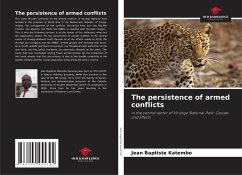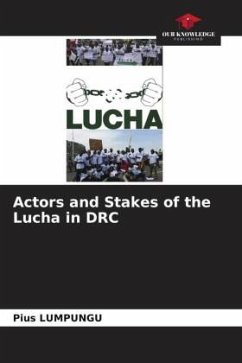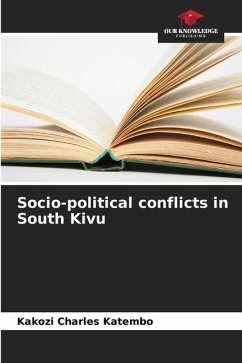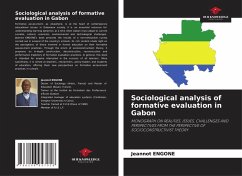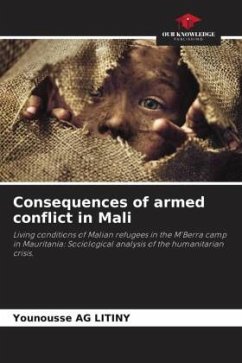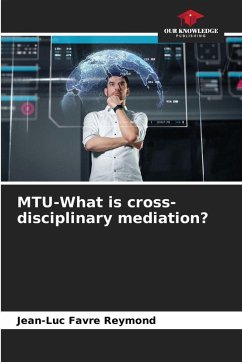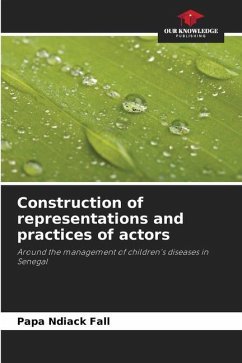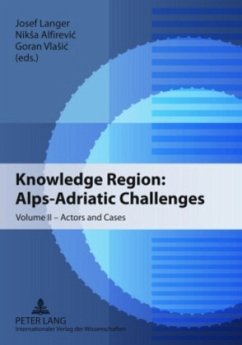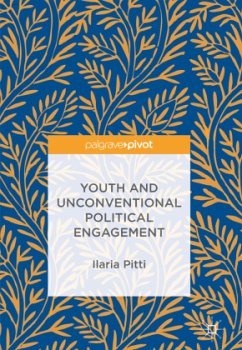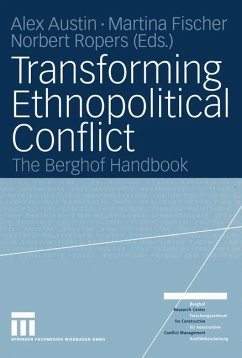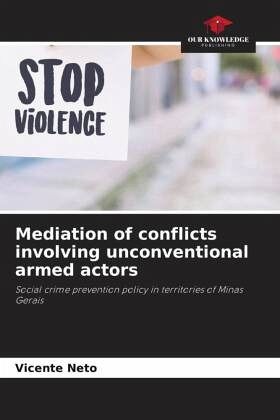
Mediation of conflicts involving unconventional armed actors
Social crime prevention policy in territories of Minas Gerais
Versandkostenfrei!
Versandfertig in 6-10 Tagen
40,99 €
inkl. MwSt.

PAYBACK Punkte
20 °P sammeln!
Conflict mediation involving non-conventional armed actors has emerged as a new way for the State to deal with the growing problem of violence and crime in various places around the world. In this sense, the Conflict Mediation Program (PMC), which acts as a social crime prevention policy in territories of Minas Gerais, has had reports of cases involving these types of actors, without, however, having a theoretical and institutionalized ballast to deal with this type of demand. The objective of this work is to discuss the theoretical framework that deals with prevention policies developed throu...
Conflict mediation involving non-conventional armed actors has emerged as a new way for the State to deal with the growing problem of violence and crime in various places around the world. In this sense, the Conflict Mediation Program (PMC), which acts as a social crime prevention policy in territories of Minas Gerais, has had reports of cases involving these types of actors, without, however, having a theoretical and institutionalized ballast to deal with this type of demand. The objective of this work is to discuss the theoretical framework that deals with prevention policies developed through conflict mediation programs, in parallel with productions that address the phenomenon of the performance of unconventional armed actors. From this, we sought to analyze cases reported by analysts of the Conflict Mediation Program, trying to systematize discussions about new possibilities of PMC action in the peaceful resolution of conflicts in communities marked by the presence of armed delinquent groups.



